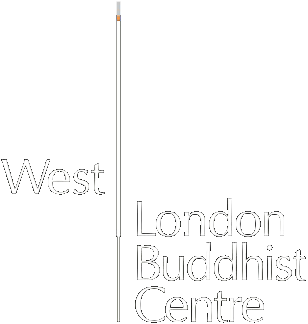The System of Practice, the Heart of Practice
I was enthralled by the recent serialisation of Adous Huxley’s dystopian futuristic novel ‘Brave New World’. In case you’re not familiar with the story (spoiler alert!) ‘New London’ is populated by humans who have been genetically engineered to conform to a given role within a strictly stratified society. All one’s basic physical needs are catered for and discontent is kept at bay by ample availability of sex and soma (an emotion-suppressing drug). New Londoners are conditioned to regard privacy and individuality as disruptive to a society in which conformity and stability are the key values. However, early on in the story a seemingly small but crucial destabilising factor is introduced, in the form of John, a naturally born ‘savage’ from the ‘Savagelands’. John is confident in his instinctive individuality and is not about to curb his emotional awareness or expression. He becomes a reluctant celebrity for the elite and an unwitting revolutionary leader for the servile caste.
The idea of the ‘true individual’ who is not in thrall to the social groups in which they find themselves is explored by Sangharakshita in his book ‘What is the Sangha’. True individuals think for themselves, feel deeply and engage with their feelings, however intense. Sangharakshita develops the theme of individuality way beyond the beguilingly authentic, but flailing and hapless character of John. John cannot see the consequences of his instinctive behaviour and, despite his apparent autonomy, is actually a pawn in someone else’s bigger game. In contrast, the true individual takes full responsibility for their actions and the effects of their actions on the world. Their actions then become the motor of effecting conscious and creative change in the world and in themselves. They are ‘born of their actions, heir of their actions’. They are agents of their own destiny and simultaneously shape the world around them.
True individuality is an outstanding achievement in the face of the relentless pressures we face from our social groups towards conformity. It represents a state of integration of one’s emotional energies such that they can be aligned with the highest and most universal of values, ‘the fire that lights the stars’ – unconditional love. However, the Buddhist path promises the possibility of even loftier heights. Paradoxically, having achieved true individuality, the next stage is to transcend it, or at least its dualistic dimension. The Dharma calls us to a place beyond notions of self and other, I and thou, mine and your’s. This is spiritual death – the death of a limited and limiting sense of self. To the extent that this is ‘achieved’, the expanded self may be reborn into the open dimension of reality, where there are no boundaries between self and life writ large and where compassion is both the direction and drive for all activity.
This trajectory of integration, positive emotion, spiritual death, spiritual rebirth and spontaneous compassionate action, exemplified by the Buddha, is elegantly expounded in another of Sangharakshita’s teachings – the System of Dharma Practice. There is an opportunity to explore this System with Paramananda and Bodhilila during a week-long online retreat called The Heart of Practice from 15 – 21 November. If the trajectory inspires you, let them be your guides for the week.
Ratnadeva

